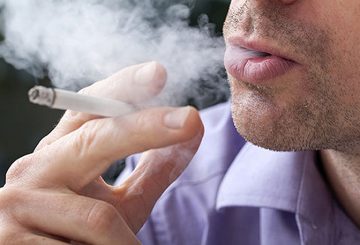The number of adults in Rotorua dying early due to poor air quality has dropped by half in 13 years, saving over $100 million in social costs, according to the Rotorua Lakes councillors.
Despite this progress, officials warn that new methods for measuring air pollution may affect Rotorua, a city already working to enhance its air quality. Councillor Lyall Thurston highlighted that Rotorua had the North Island’s worst air quality, primarily due to wood burners. Actions have been taken to encourage cleaner heating methods, remove some burners, and use technology to identify those not following the rules.
Dr Gregory Evans from Toi Te Ora Public Health stated that air pollution affects all, but some people are more at risk. Short-term exposure can worsen conditions like asthma, while long-term exposure might cause cardiovascular diseases. A study from 2022 showed that human-caused air pollution in 2016 led to 3300 early adult deaths in New Zealand. In Rotorua, these deaths reduced from 40 in 2009 to 19 in 2022.
Marion Henton from the regional council explained the shift from a voluntary approach in 2008 to a stricter approach now, focusing on high-pollution sources. This year, penalties were given for the first time to those using burners that didn’t comply with regulations.
However, Henton highlighted potential challenges. The national air quality standards are being reviewed. Proposed changes might shift the focus from PM10 to PM2.5 particles. Given that wood smoke is mostly PM2.5, this change would greatly affect cities like Rotorua.
She also mentioned the council’s efforts to help homeowners switch to compliant burners, with many given free replacements. The council plans to adjust its targets after the new standards are finalised.




























































